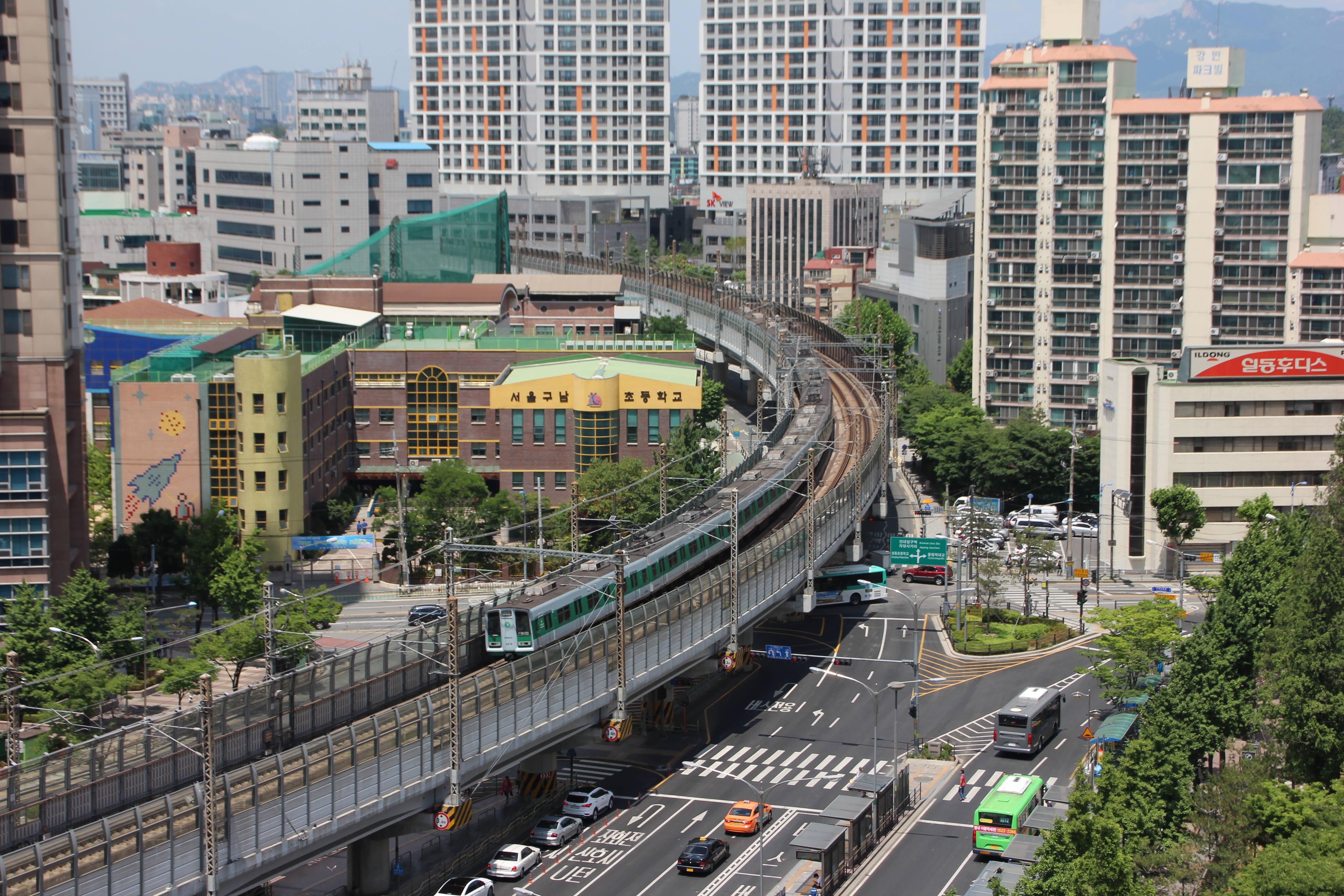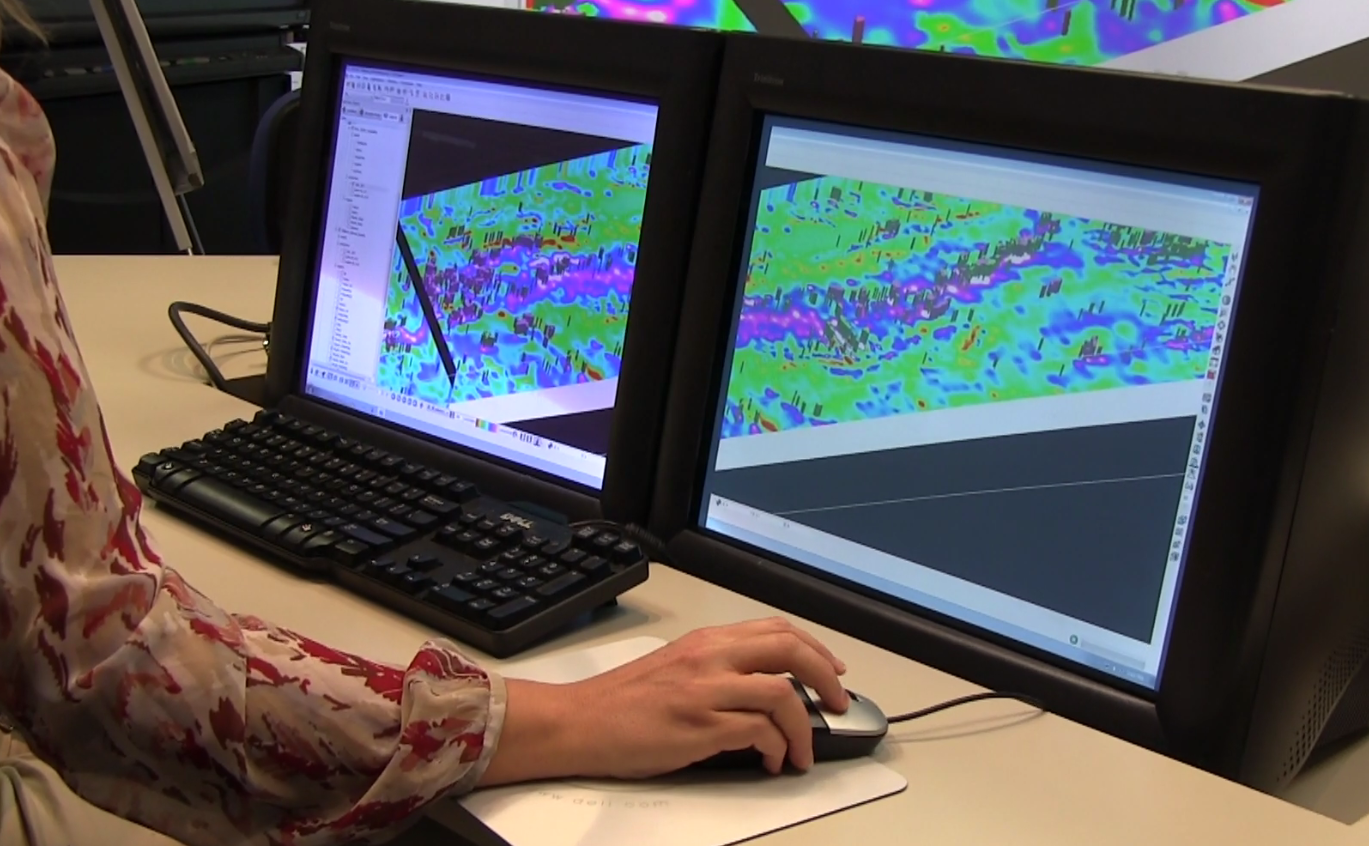Developing diverse technologies: urban development, natural resources and manufacturing technology
The National Research Council of Science & Technology (NST) oversees 25 government-funded research institutes in Korea. CSIRO has an ongoing Memorandum of Understanding (MoU) with the NST.

The 2017-2020 MOU explores four main areas of collaboration, including:
- Smart Cities: This collaboration has a focus on water management, energy and carbon reduction in urban cities. CSIRO regularly works with the Korea Institute of Civil Engineering and Building Technology (KICT) on this project and the partners engage in frequent exchange visits and joint workshops.
- Mineral resources: This partnership with the Korean Institute for Geosciences and Mineral Resources (KIGAM) involves the recovery of valuable metals from wastes, as well as nano-coated and structured inorganic materials. The project draws on Korea’s core technology and Australia’s resource development experience.
- Energy: This collaboration focuses on hydrogen, fuel cell technology, renewable energy and energy storage. The organisations have undetaken a workshop to progress the roadmap of hydrogen refuelling infrastructure.
- Manufacturing: This partnership aims to further the development of flexible and printed solar cells. The organisations are working on 3D printing for electronics which could lead to new manufacturing methods
Recovering valuable metals from wastes and other materials
CSIRO collaborates with the Korean Institute for Geosciences and Mineral Resources (KIGAM) on the recovery of valuable metals from wastes, nano-coated and structured inorganic materials and novel routes of extracting value from Bayer residues.
The KIGAM-CSIRO Centre for Collaborative Research was established in September 2006 to develop technology for minerals and energy resources using environmentally friendly processes. CSIRO holds an annual joint symposium with KIGAM on technology for the sustainable development of mineral and energy resources.
Developing urban technologies for sustainable and healthy living

CSIRO is collaborating with the Korea Institute of Civil Engineering and Building Technology (KICT) on areas including water management, energy and carbon reduction for built environments, life cycle assessment of buildings and carbon footprint.
Since 2015, CSIRO and KICT have had an extremely active relationship that includes regular exchanges of visits between researchers and students. The focus of the visits is on various topics related to urban water management and re-use.
Developing diverse technologies: urban development, natural resources and manufacturing technology
The National Research Council of Science & Technology (NST) oversees 25 government-funded research institutes in Korea. CSIRO has an ongoing Memorandum of Understanding (MoU) with the NST.
The 2017-2020 MOU explores four main areas of collaboration, including:
- Smart Cities: This collaboration has a focus on water management, energy and carbon reduction in urban cities. CSIRO regularly works with the Korea Institute of Civil Engineering and Building Technology (KICT) on this project and the partners engage in frequent exchange visits and joint workshops.
- Mineral resources: This partnership with the Korean Institute for Geosciences and Mineral Resources (KIGAM) involves the recovery of valuable metals from wastes, as well as nano-coated and structured inorganic materials. The project draws on Korea’s core technology and Australia’s resource development experience.
- Energy: This collaboration focuses on hydrogen, fuel cell technology, renewable energy and energy storage. The organisations have undetaken a workshop to progress the roadmap of hydrogen refuelling infrastructure.
- Manufacturing: This partnership aims to further the development of flexible and printed solar cells. The organisations are working on 3D printing for electronics which could lead to new manufacturing methods
Recovering valuable metals from wastes and other materials
CSIRO collaborates with the Korean Institute for Geosciences and Mineral Resources (KIGAM) on the recovery of valuable metals from wastes, nano-coated and structured inorganic materials and novel routes of extracting value from Bayer residues.
The KIGAM-CSIRO Centre for Collaborative Research was established in September 2006 to develop technology for minerals and energy resources using environmentally friendly processes. CSIRO holds an annual joint symposium with KIGAM on technology for the sustainable development of mineral and energy resources.
Developing urban technologies for sustainable and healthy living
CSIRO is collaborating with the Korea Institute of Civil Engineering and Building Technology (KICT) on areas including water management, energy and carbon reduction for built environments, life cycle assessment of buildings and carbon footprint.
Since 2015, CSIRO and KICT have had an extremely active relationship that includes regular exchanges of visits between researchers and students. The focus of the visits is on various topics related to urban water management and re-use.

